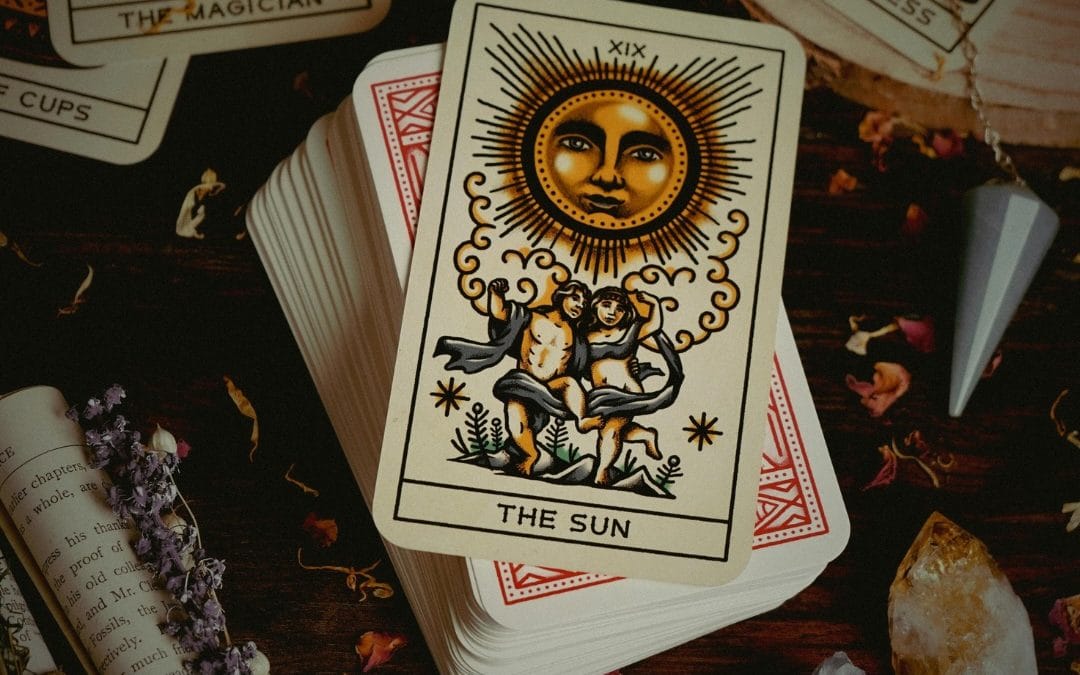Carl Gustav Jung (1875–1961) was a Swiss psychiatrist and the founder of analytical psychology. His work profoundly influenced not only psychology but also religion, literature, and art. Constructs from analytical psychology, such as collective unconscious, archetypes, and synchronicity, are pillars of modern psychology and cultural commentary.
Yet, unknown to many, Jung’s work was profoundly intertwined with a lifelong, serious fascination with the occult and esoteric traditions. The common image of a scientifically rigorous psychologist often clashes with the occult — a word that simply means hidden or secret. For Jung, however, these ancient, often veiled, fields were not mere superstition. They were vital expressions of the very unconscious he sought to map.
The Esoteric Roots of Analytical Psychology
Even among those who have some familiarity with C.G. Jung, many are unaware that his interest in the paranormal began early. His doctoral dissertation in 1902, On the Psychology and Pathology of So-Called Occult Phenomena, treated mediumship and séances with scientific scrutiny, seeking psychological explanations for phenomena others dismissed outright.
Around this time, Sigmund Freud’s belief of the unconscious was primarily individual and personal. Whereas Jung, argued for a spiritual and non-physical dimension to the unconscious and overall psyche. This was one factor that eventually led to the split with Freud.
Key Esoteric Influences
Jung’s journey into the hidden, esoteric world informed his understanding of the human mind. Key influences include:
- Alchemy: Jung spent years studying medieval alchemical texts, interpreting the process of transforming base metal into gold not as a literal chemical process, but as a profound metaphor for individuation—the lifelong psychological process of integrating the conscious and unconscious to achieve psychological wholeness. The alchemical stages include nigredo (blackening; confession/confrontation with the shadow), albedo (whitening; elucidation/illumination), citrinitas (yellowing; education / spiritual insight), rubedo (reddening; transformation/realization of the Self)
- Gnosticism: He found in Gnosticism, ancient religious systems emphasizing direct spiritual knowledge over faith, to be a prefiguration of his own inner experiences and his confrontation with the primordial forces of the unconscious.
- The I Ching and Astrology: Jung was a serious student and practitioner of both the Chinese oracle and astrology. He explored them as systems that reveal the archetypal patterns operating in a person’s life, and his concept of synchronicity (meaningful coincidence) was first developed through his work with the I Ching.
The Red Book: A Secret Foundation
The period following his split with Freud led to a profound internal crisis, which Jung documented in his private, illuminated manuscript, The Red Book. He called this period his most difficult experiment, a voluntary confrontation with the unconscious through active imagination. The Red Book is a testament to the esoteric core of Jung’s work, teeming with mythological figures, esoteric symbols, and revelations.
Occultism in Analysis Today
While modern Jungian analysts may not actively practice occult arts, the legacy of Jung’s esoteric studies remains central. His work gives us a psychological framework for engaging with symbolic systems and the transformative power of hidden knowledge.
- Shadow Work: A cornerstone of Jungian therapy, it is the integration of our repressed, darker, and often creative aspects; a descent into the underworld of the psyche, mirroring the nigredo stage of alchemy and ancient initiation rituals.
- Archetypal Symbolism: Through the study of esoteric symbols (found in Tarot, Kabbalah, and mythology), one gains access to the universal language of the collective unconscious, enriching the interpretation of dreams and fantasies.
Ultimately, for Jung, the esoteric and the occult weren’t about seeking sensational secrets. It was about acknowledging and integrating the full, messy, and mysterious reality of the human psyche.
Beyond the Couch is a series about theory, the history of psychology, and specialized interests.
📞 Contact us to schedule an appointment.
315.320.6441 or contact@drspiegelhoff.com
📍 Serving the Central New York area, including Camillus, Skaneateles, Marcellus, Baldwinsville, and Liverpool. Telehealth is available in NY and PA.

